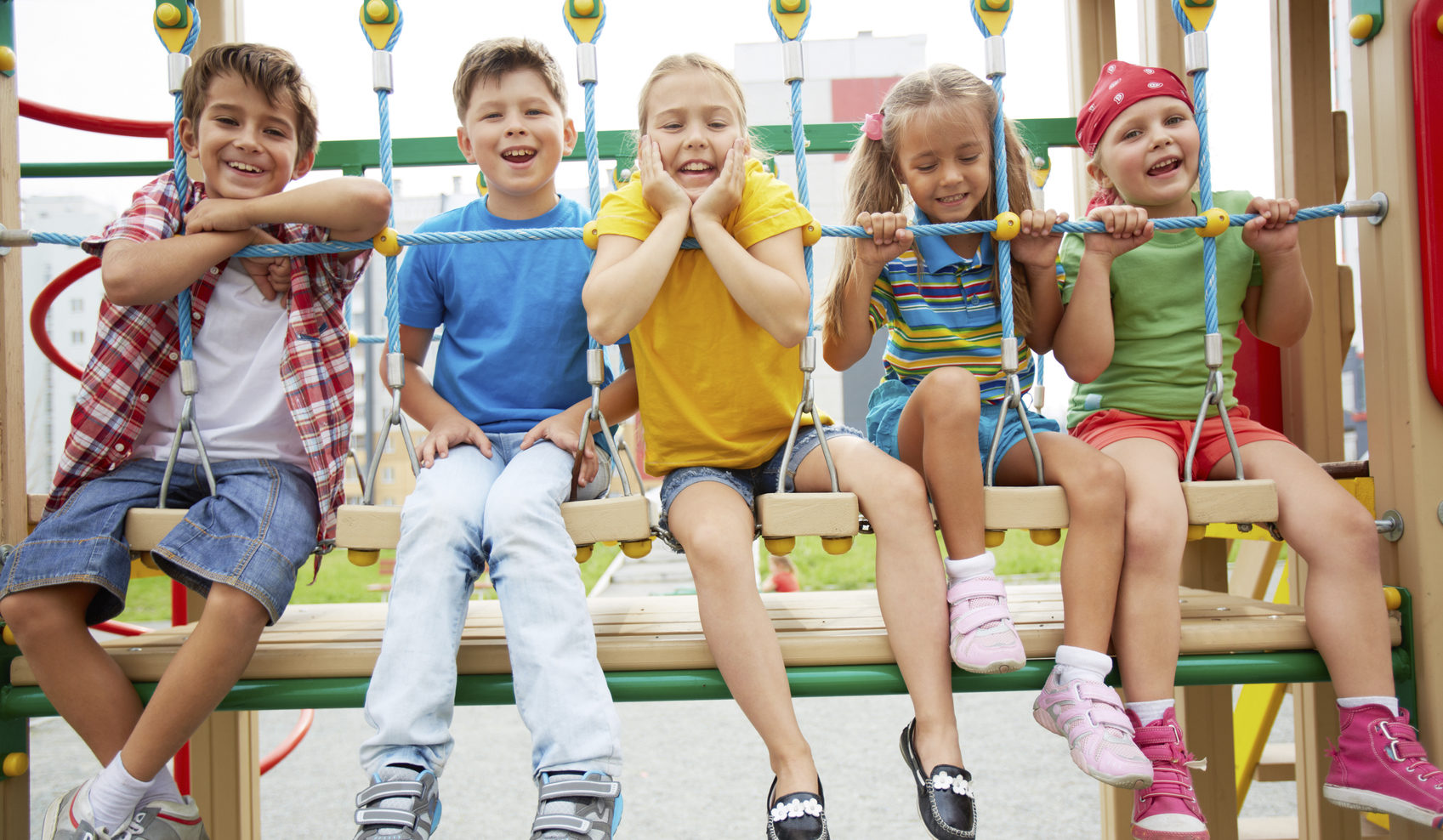A sunny playground in the middle of the school day serves as the ultimate recharge for elementary-age kids. Unfortunately, swinging, kickball and tag are only mere tales of the past for some kiddos struggling to sit still in the classroom for hours on end.
Recess has been “under attack” in recent years as institutions aim to send playtime to the chopping block in exchange for more academic learning or for punishment.
Taking away recess from children seems innately wrong to most of us. However, a TCU professor’s recent study confirmed our gut feelings—and kids’ suffering state from captivity—regarding the loss of unstructured play at school.
Dr. Debbie Rhea’s LiiNK Project reduced time spent on studying for standardized tests and replaced it with recess. The amazing yet obvious result? Kids in the program performed academically well with no behavioral issues and the increased ability to stay on task.
While teachers did lose time for teaching, Rhea says the time crunch has spurred teachers to accomplish more with fewer minutes, adding that much more value to each second spent in the classroom.
Parents around the country have been turning to doctors and state legislatures to get back school day breaks for their children. According to NorthJersey.com, some parents use physician orders to penetrate the barrier of keeping kids indoors.
Others have taken to their state lawmakers to mandate recess in elementary schools, triggering legislative debates this year in Florida, New Jersey and Rhode Island about requiring a certain amount of free play each day.
All human beings need breaks regardless of instruction level and activity. With more pressure on teachers and students to perform well on state tests, recess remains the one chunk that’s easily removed to make room for more classroom time. Missing it every so often may be bearable. Every day? Not so much.
Will recess have become an element of the past in 50 years? Teaching children to handle stress, which will affect them for the rest of their lives, begins now. Our society increasingly emphasizes the importance of mental health and studies ways to improve it. Perhaps it should start with the playground.

